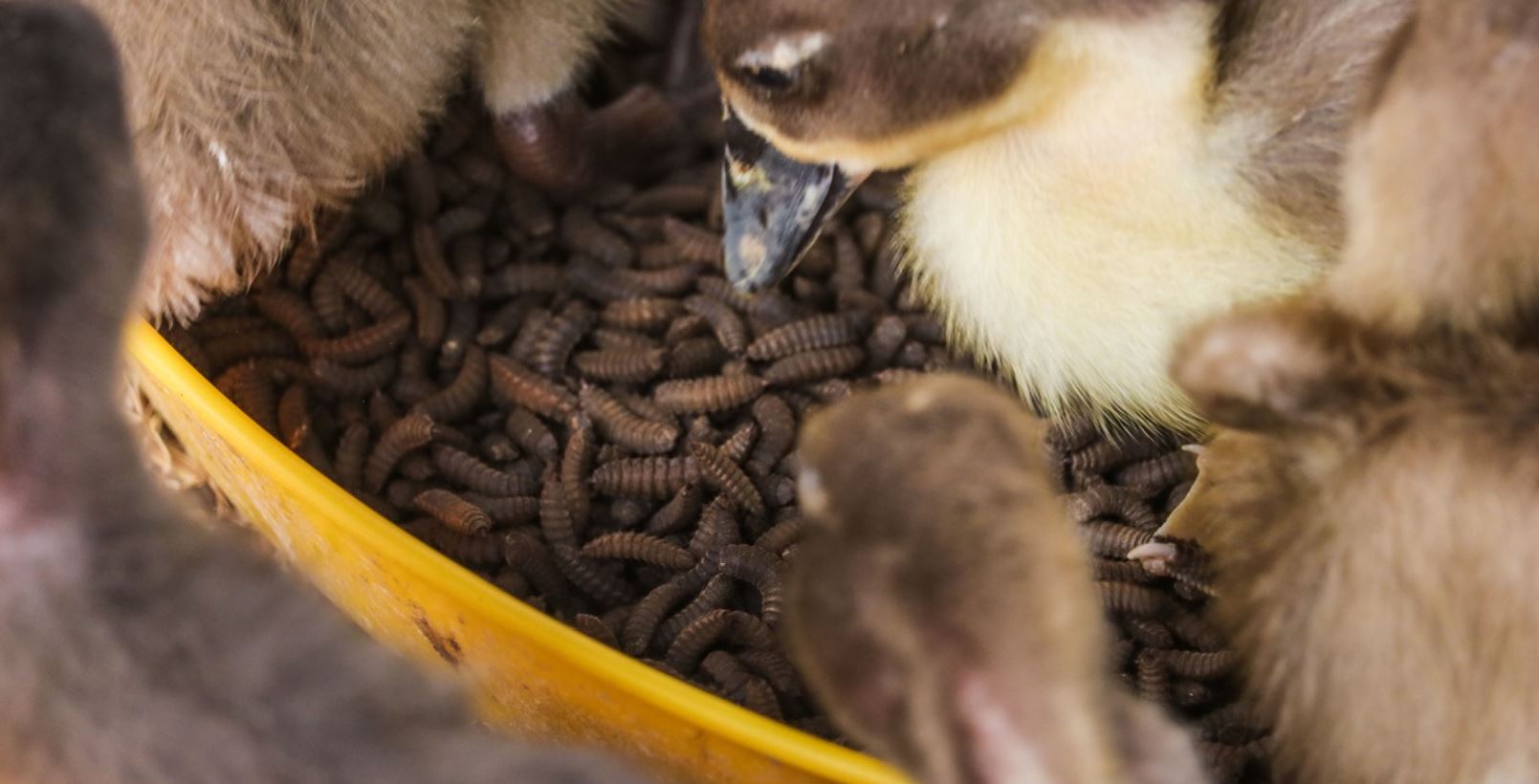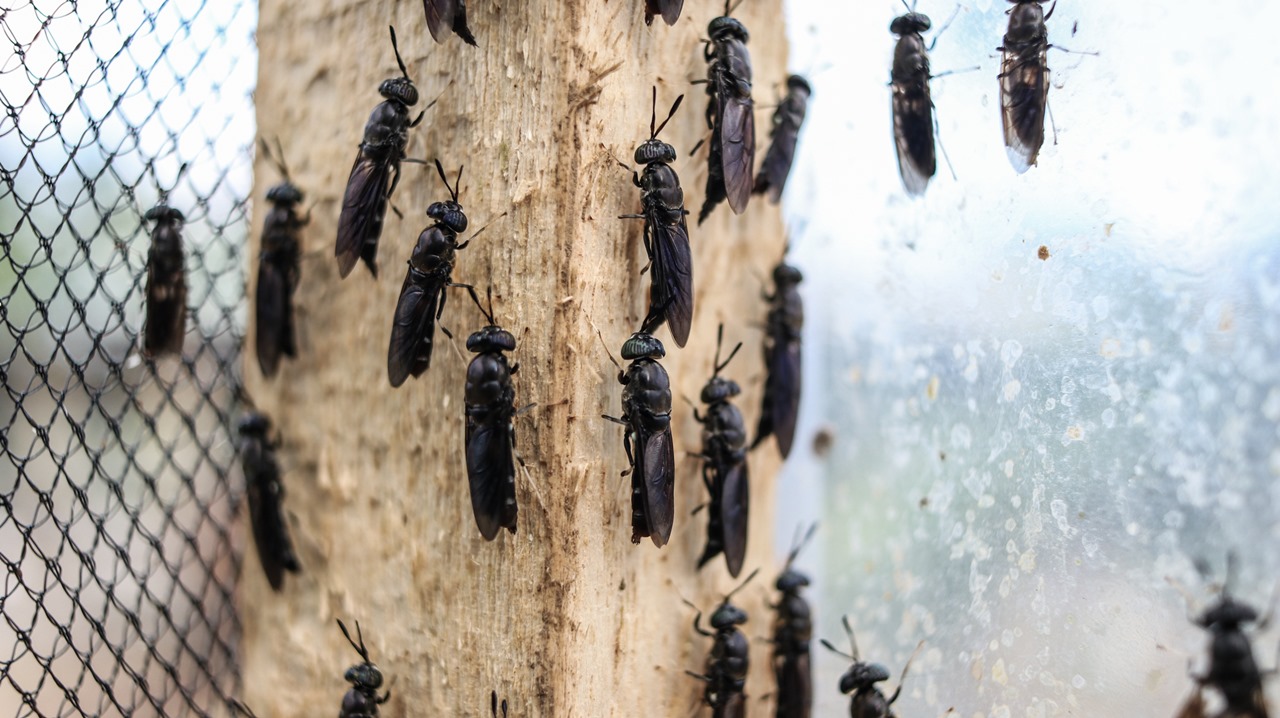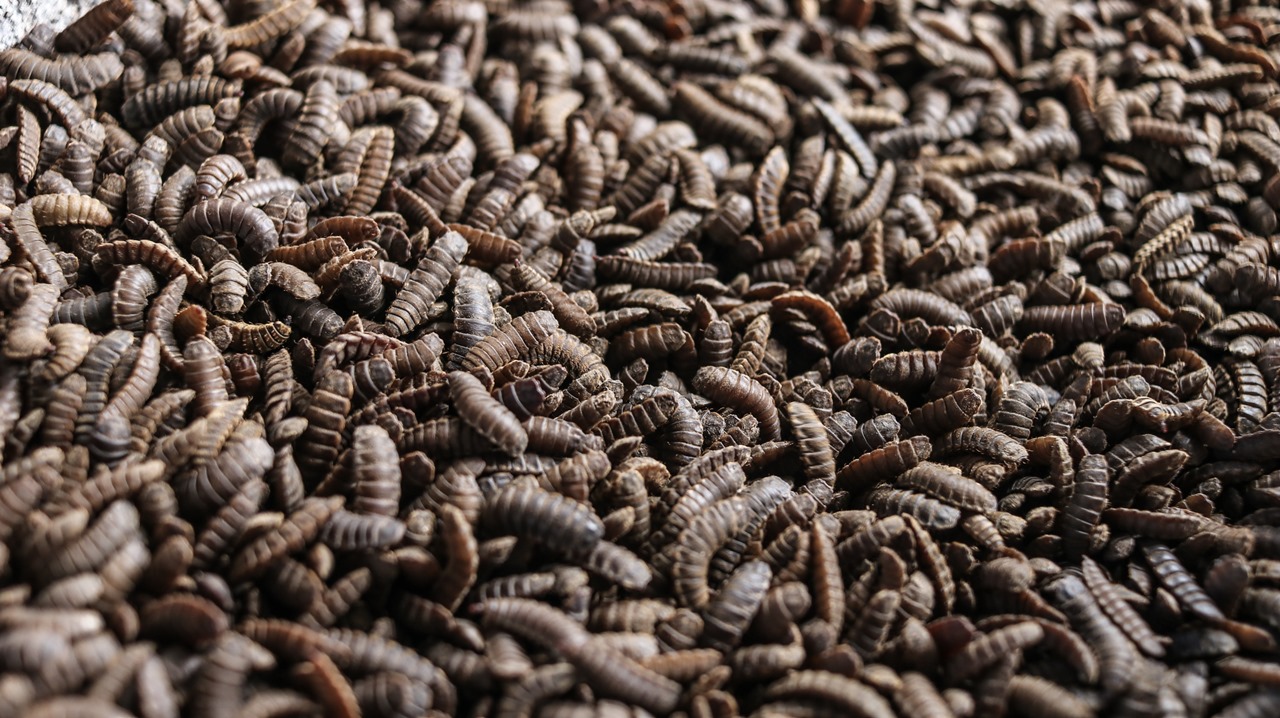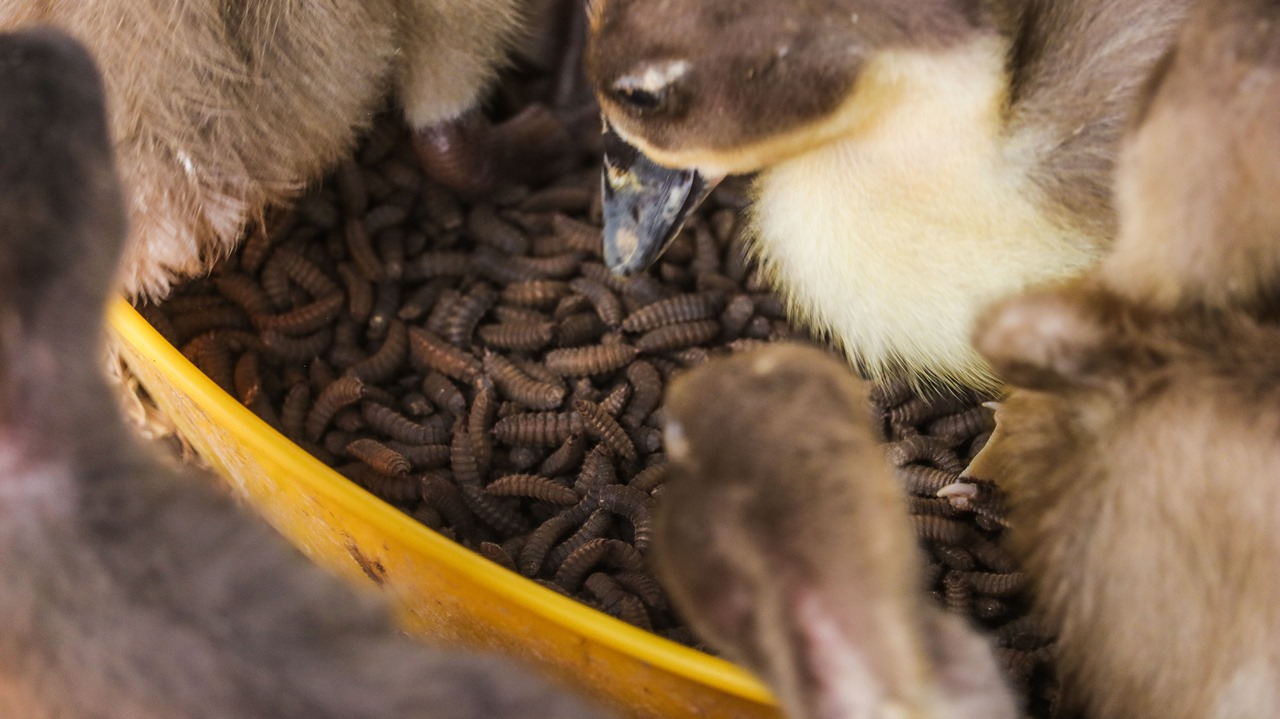

raised of $4,029
104 people have pitched in
96% funded
We are experimenting with black soldier fly (BSF) larvae as an effective duck feed alternative.
THE PROBLEM
Duck breeders in Klungkung and Tabanan, Bali, face difficulties finding alternative sources of feed for their ducks. Their current duck feed consists of a mix made up of three parts bran with one part concentrate and is viewed as problematic for two primary reasons:
- Large-scale duck breeders in Bali cannot produce their own bran and concentrate. Instead, they must purchase this feed from non-Bali based suppliers, leaving the breeders vulnerable to inconsistent sourcing, excessive shipping fees, and price fluctuations when there is a supply disruption.
- The bran and concentrate is expensive impacting their duck farming profit. The concentrate costs approximately IDR 385,000 (~US$28.89) per 50 kg sack (or about IDR 7,600 or ~US$0.57 per kg), while bran costs IDR4,000 (~US$0.3) per kg. On average, each duck breeder in Klungkung has 3,000 ducks bred for their meat and eggs. This amount of ducks require 100 kg of concentrate and 300 kg of bran per day, which totals nearly IDR 2,000,000.00 (~US$150) in daily feeding costs.
To address these challenges, there is a need to improve the supply of duck feed in Bali by introducing a more sustainable, locally produced, and inexpensive product.
THE SOLUTION
BSF larvae are a harmless species of insect that is common to tropical and warmer temperate regions. Rearing BSF is an efficient way to dispose of organic waste as the BSF larvae who feed on the organic waste are converted into a protein and fat-rich biomass suitable as a feed supplement.
We want to test whether BSF larvae is an effective duck feed alternative by comparing three types of duck feed:
- A mix of concentrate and bran (Control-A);
- A mix of vegetable waste and bran (Control-B);
- A Mix of a normal amount of BSF larvae and bran (Treatment-A);
- A mix of double BSF larvae and bran (Treatment-B)
- the weight of each duck;
- the costs for each of the three varieties of feed; and
- the selling price for each duck once they reach maturity.
THE EXPECTED IMPACT
We hope the result of the test indicates that BSF is a viable alternative source of duck feed. If the BSF larvae prove nutritionally comparable to the current feed, duck breeders in Bali can save money by purchasing feed that is produced locally and is not as prone to price fluctuation.
PROJECT COST
Project Implementation and Technology
Costs associated with project coordination and the technology
$2,542
Monitoring and Evaluation
Costs associated with data collection and analysis
$795
Administration Fee
Cost of transferring payments internationally, processing online donations (5%) and a contribution to Kopernik's operational costs (15%)
$692
Total $4,029
Kopernik Solutions provided a sub-grant to a trusted partner organisation who is implementing this project.





